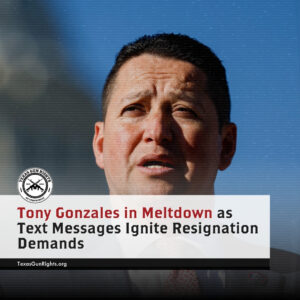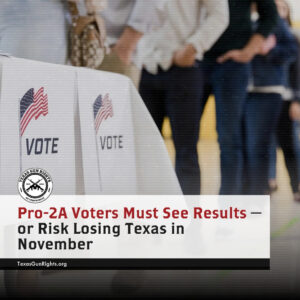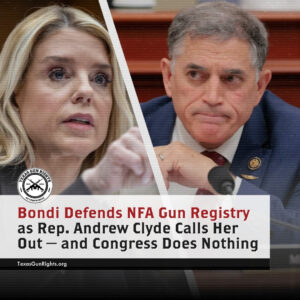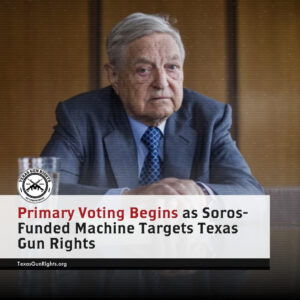The assassination of Charlie Kirk has become the subject of a storm of conspiracy theories, blame games, and misinformation.
In the days since his tragic death, Americans have watched as fringe voices on both the far-right and far-left twisted the event into political fodder.
The truth is simpler, and darker, according to sources: a 22-year-old leftist radical pulled the trigger, and now the speculation risks adding fuel to the fire of division in our country.

The Conspiracies That Spread Like Wildfire
In the wake of the shooting, the internet lit up with wild claims about who “really” killed Charlie Kirk.
- The Rooftop Gunman / Multiple Shooters Theory
- Videos were dissected frame by frame, with some insisting a “second shooter” lurked on a rooftop. Others claimed bodyguards made “hand signals” to coordinate the attack. No evidence supports these assertions. Law enforcement has confirmed the fatal shot came from a Mauser rifle wielded by Tyler Robinson, and no secondary shooter existed.
- The “Planted Rifle” Theory
- Some allege the rifle recovered in the woods was planted to frame Robinson. But no evidence exists. However, forensic examination has tied the weapon directly to Robinson.
- The Private Jet Theory
- A private jet leaving Provo shortly after the shooting became the focus of internet sleuths. Its momentary disappearance from radar screens was treated as proof of a getaway craft. The owner of the jet has publicly explained the pre-planned flight, verified by FAA records, and law enforcement has not linked it to the crime in any way.
- The Israel / Jewish / Mossad Theories
- Perhaps the ugliest conspiracy to spread has been the claim that Mossad or “Jewish elites” orchestrated the assassination. Over 10,000 posts on social media pushed this antisemitic lie. These theories draw on ancient bigotry, painting Jews as puppet-masters behind world events.
- It is true that Charlie Kirk made comments in the past critical of certain Jewish donors, arguing that some were funding cultural institutions that undermined their own values. He had also shown signs of shifting his views on Israeli policy, sometimes questioning elements of U.S. foreign aid or Israel’s political decisions. But to leap from those statements to the conclusion that Israel, Mossad, or Jewish power brokers had him killed is absurd.
- If outspoken criticism of Israel or Jewish donors were grounds for assassination, then a long list of public figures — including those far more vocal and hostile toward Israel than Kirk ever was — would have already been eliminated. They have not. The theory collapses under its own weight.
- The fact remains: Charlie Kirk was known as a strong pro-Israel voice for most of his career, an ally to Jewish conservatives, and a figure who consistently supported America’s partnership with Israel. The suggestion that Israel would kill a man for supporting them is not just baseless — it’s grotesque. Even Israeli Prime Minister Benjamin Netanyahu called the accusations “insane.” These theories do nothing but stoke hatred, scapegoat Jews, and create the kind of toxic environment where real violence can thrive.
Blaming the Victim: A Different, But Equal, Danger
While conspiracy theorists spin their webs, another group of voices has emerged: commentators who suggest Charlie Kirk was responsible for his own death.
MSNBC’s Matthew Dowd suggested hateful rhetoric “leads to hateful actions” in reference to Kirk. He was fired for the remark, but not before it signaled to millions that Kirk’s speech was somehow causal in his own assassination.
Comedian W. Kamau Bell wrote that he “won’t be gaslit into mourning someone harmful,” painting Kirk’s ideas as justification for not condemning the violence outright.
A school board chair even wrote “they reap what they sow,” a statement celebrating violence rather than condemning it.
This kind of rhetoric is no different than the left’s constant refrain that conservatives like Kirk are “Nazis,” “fascists,” or “racists.”
Such dehumanizing labels create an environment where violence becomes not only possible but excused.
The danger is clear: if these claims were true, if conservatives really were fascists running death camps, then the “logical” conclusion would be to silence them by force.
But the reality is just the opposite. Conservatives like Charlie Kirk use their voices in debate, not bullets, to challenge ideas.
If the left truly believed their rhetoric, they would be the ones silencing conservatives — but it is conservatives who have been silenced, and now murdered.
The Cost of Rhetoric and the Need for Civil Discourse
Conspiracies and victim-blaming narratives do more than distort reality. They normalize hatred, escalate division, and set the stage for further bloodshed.
Whether it’s the antisemitic smears that Mossad orchestrated the killing, or commentators insinuating that Kirk’s death was somehow his fault, both forms of rhetoric are corrosive to our republic.
Charlie Kirk understood that America is at its best when differences are addressed openly. He traveled the country debating, discussing, and disagreeing with civility. He believed that even sharp disputes could be met with conversation — not violence.
And yet, tragically, he was gunned down not for hatred, but for his willingness to speak.
That is the ultimate indictment of the environment created by irresponsible rhetoric.
A Missed Opportunity
The assassination of Charlie Kirk should have been a moment of national unity in condemning political violence.
While it has been a unifying moment for many, with several sports stadiums honoring Kirk, and prayer vigils held in cities across the country, not everyone is unifying.
Conspiracy theorists and victim-blamers, each as reckless as the other, continue ramping up rhetoric that could lead toward more political violence.
If America is to avoid further bloodshed, we must reject these poisonous narratives and recommit to civil discourse.
Charlie Kirk embodied that ideal: engaging with opponents, debating with respect, and always believing in the power of words over weapons.
For that, he deserves to be remembered not as a victim of conspiracies, but as a champion of conversation in a nation that desperately needs it.
Will you help Texas Gun Rights continue championing civil discourse to protect our Second Amendment?







